Back to Courses

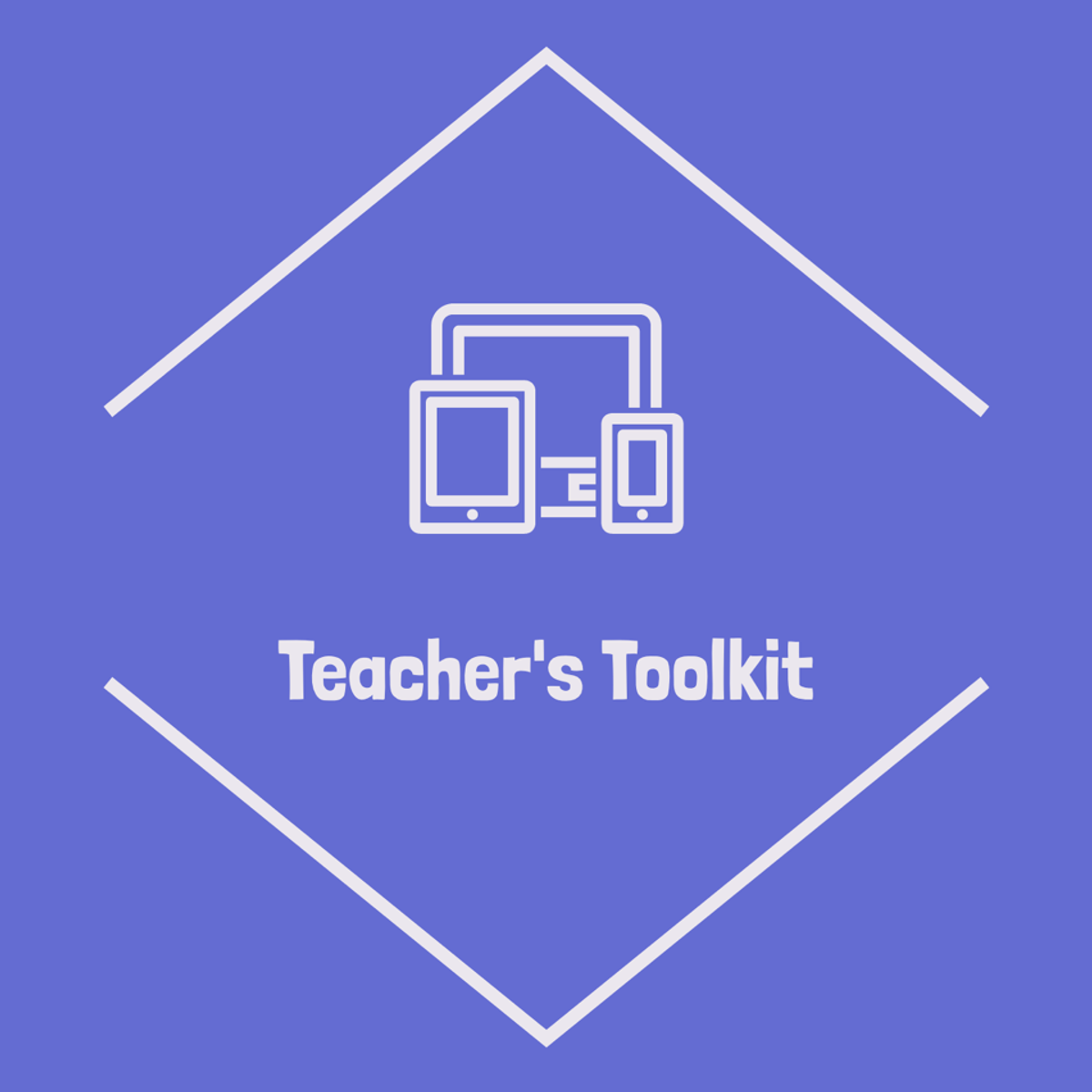

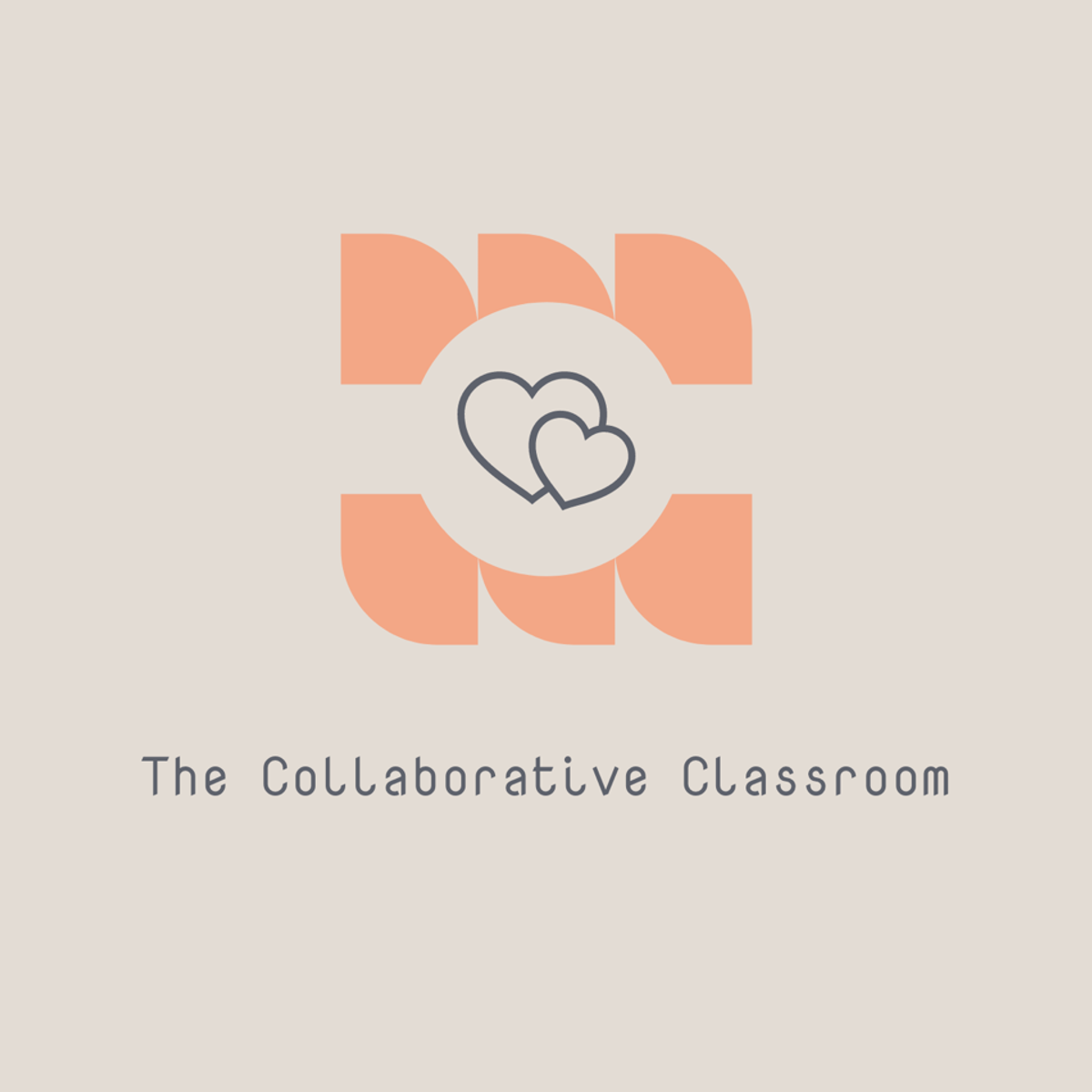


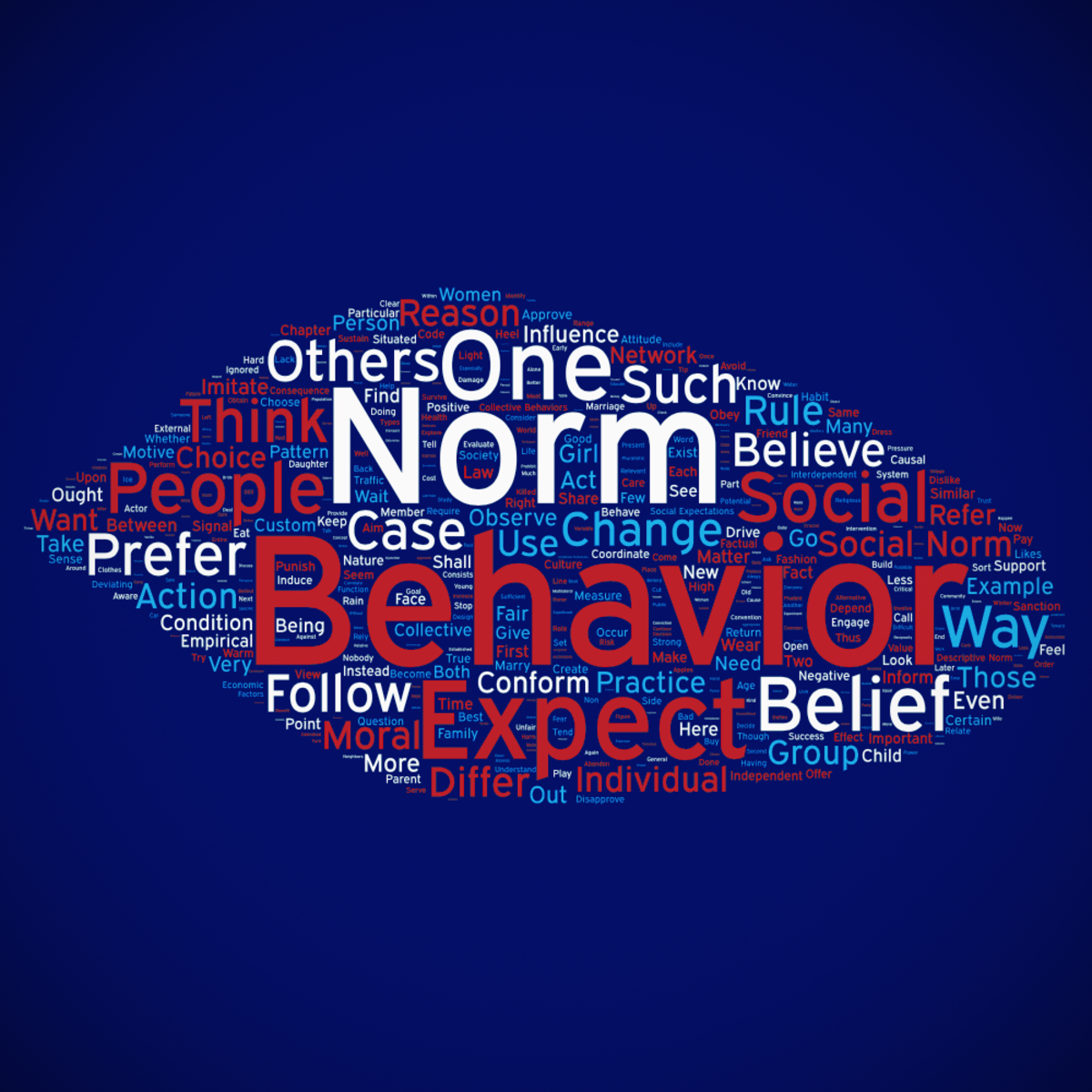
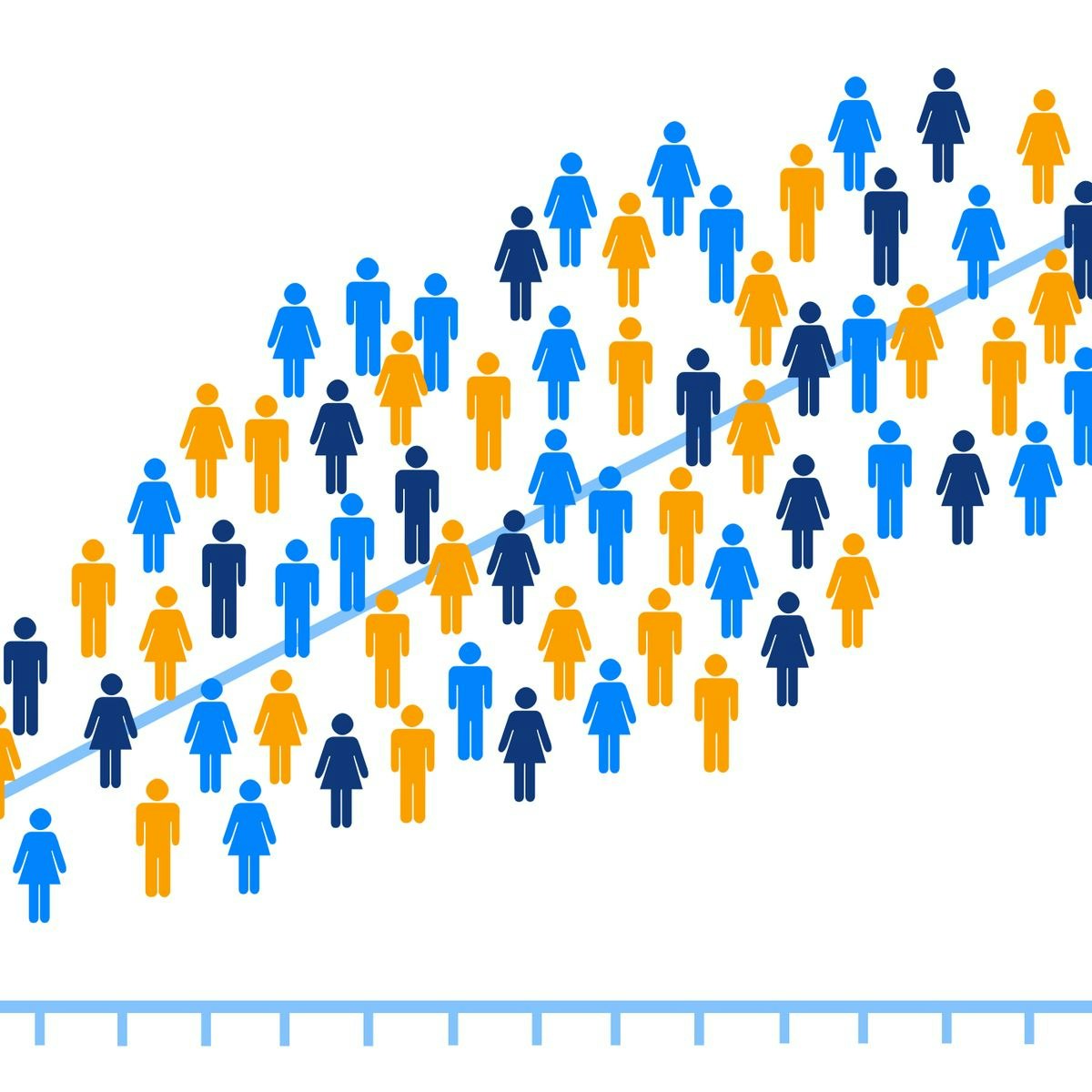
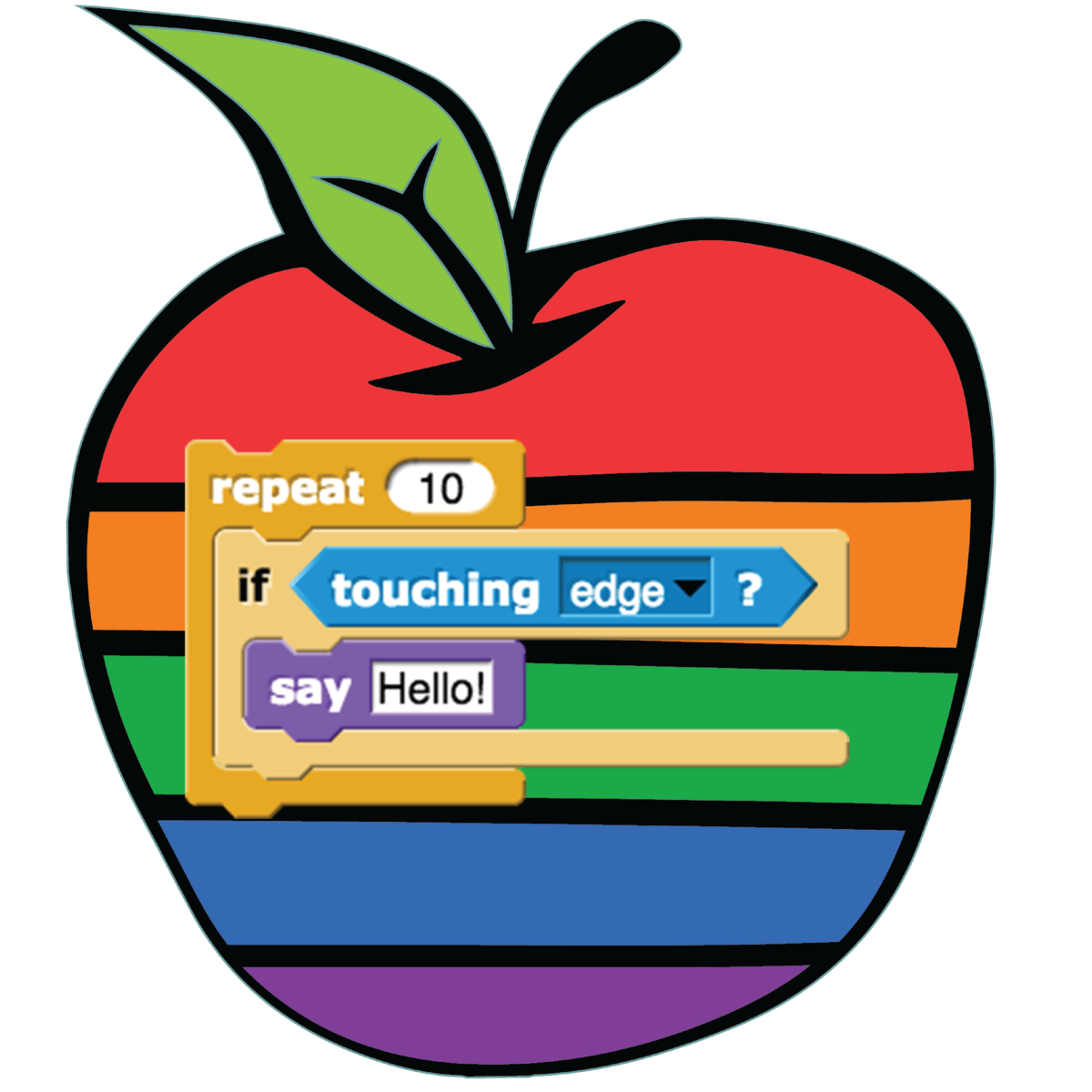
Social Sciences Courses - Page 35
Showing results 341-350 of 672

Global Energy and Climate Policy
The Global Energy and Climate Policy course offers an introduction to the theoretical and practical understanding of how energy and climate change policies are designed, shaped, advocated and implemented. As energy markets go truly global, domestic energy policies are becoming more and more entangled with wider issues of international governance. Concurrently, the urgent need to mitigate and adapt to climate change and transition to a low-carbon future is adding a further layer of complexity.
The course is aimed broadly at people interested in learning more about interconnected issues in energy and climate policy globally. It assumes a level of interest but no necessary previous knowledge. However, the course also offers sufficient up to date research and new critical perspectives to be of interest to people with expertise in or academic familiarity with the topic as well.
The main aim of the course is to provide this wide-ranging introduction in a self-contained, but in-depth form, alongside the important practical skills necessary to understand and discuss energy and climate policy, and lay the groundwork for greater engagement in the future – either through academic study, in the public, private or not-for-profit sectors.

Corruption
You can't understand the world today if you don't understand corruption. Every day, we see high-level government officials resigning, governments changing, hundreds of thousands of people standing in squares, holding up signs, and often risking their lives to protest the corruption in the world. It's critically important to the health of our societies to understand what people are protesting against. We want to understand corruption. This course is designed to teach you about what corruption is, what causes corruption, the effects of corruption, and how to control corruption. We'll be talking about this from a global perspective using examples from all over the world. We'll also be talking about corruption from the perspective of countries, governments, businesses, citizens, and the people within these entities. At the end of this course, you'll have a better understanding of why the world is changing according to the path of corruption. If you're in a position to make changes within your respective entity, to make decisions about corruption, you'll be able to make better decisions.

Instructional Planning with Genially
Genially is “the tool that brings content to life.” Genially allows you to map out a learning journey for your students using high interest images and interactive tools. But did you know that Genially is also a wonderful tool for organizing your lessons and units.
With Genially, you can plan and organize your units in one central place, simplifying your planning process with templates created with teachers in mind! Throughout this project, we will work together to build your confidence using Genially so that you can not only use it as an instructional planning tool, but also as a tool for students to share information they have learned with their classmates.
*You will need a free genial.ly account for this project.

My Favorite Lectures @ HKUST
In 1994, the HKUST University Council established "The Michael G. Gale Medal for Distinguished Teaching" to commemorate the late Founding Council Member, Mr Michael G. Gale, for his distinguished service and outstanding contributions to the development of the University.
Every year, the Medal is awarded to a member of the academic staff who best exemplifies continued pursuit of excellence, devotion to teaching, and the ability to inspire and motivate others. The recipient is representative of the high quality of teaching and learning that the University offers and promotes.
This course aims to showcase our students’ favorite lectures conducted by their favorite teachers who are also the Medalists. Each speaker would share with the learners his/her teaching philosophy which is vividly illustrated in the module. The course contains four modules and in each we will feature one HKUST Michael G. Gale Medal recipient.
Go to this page to see a course overview video: https://youtu.be/tWES7MPtyPE
Please note that this course DOES NOT offer a course certificate.

Unleash Student Creativity with Buncee
By the end of this project, you will be able to use Buncee to unleash your students’ creativity. Buncee is “a creation and communication tool… to create interactive content, allowing those of all ages to visualize concepts and communicate creatively.” With Buncee, learning becomes more personalized as students are able to share through engaging multimedia projects using Buncee’s templates, stickers, and animations. Throughout this project, we will work together to ensure that you are confident using Buncee as a learning tool so that you can empower your students to communicate their learning in new and creative ways.
*You will need a free trial of Buncee for this project.

The Science of Success: What Researchers Know that You Should Know
This engaging course is designed to help you achieve the success that you desire. Drawing on decades of scientific research, you will learn what the most successful people do differently than others, why IQ is not the most significant predictor of success (and can sometimes backfire), and why many commonly held beliefs hold people back from achieving their goals.
Although this course is based on the science of success, you will learn many practical ideas that you can apply to your own life immediately, particularly in three main areas:
• Getting better results at work (and school)
• Achieving career success (however you define success)
• Enjoying a meaningful, happy, and healthy life
By the time you finish this course you will know more than most people know about what predicts success in life. One of the most important lessons you’ll learn is that success is earned day-by-day through small wins - small, achievable actions that together can help you achieve your goals sooner and exceed even your own expectations. Therefore, you will have an opportunity to complete a detailed action plan through which you can turn what you learned into specific steps for achieving your most treasured life goals.

Create Student Books with Book Creator
By the end of this project, you will be ready to use Book Creator to make student writing come to life. With Book Creator’s tools, you can create interactive stories, digital portfolios, research journals, instruction manuals, comic adventures, and more. Regardless of your students age or the subject they are learning, your students can demonstrate their understanding through Book Creator. Throughout each task, we will work together to ensure that you are confident in how to use Book Creator to help your students succeed.

Social Norms, Social Change I
This is a course on social norms, the rules that glue societies together. It teaches how to diagnose social norms, and how to distinguish them from other social constructs, like customs or conventions. These distinctions are crucial for effective policy interventions aimed to create new, beneficial norms or eliminate harmful ones. The course teaches how to measure social norms and the expectations that support them, and how to decide whether they cause specific behaviors. The course is a joint Penn-UNICEF project, and it includes many examples of norms that sustain behaviors like child marriage, gender violence and sanitation practices.
This is Part 1 of the Social Norms, Social Change series. In these lectures, I introduce all the basic concepts and definitions, such as social expectations and conditional preferences, that help us distinguish between different types of social practices like customs, descriptive norms and social norms. Expectations and preferences can be measured, and these lectures explain how to measure them. Measurement is crucial to understanding the nature of the practice you are facing, as well as whether an intervention was or was not successful, and why. In Part 2, we will put into practice all we have learned in Part 1.
New! Please use this link for a 30% discount on the recommended book that accompanies this course!
https://global.oup.com/academic/product/9780190622053/?cc=us&lang=en&promocode=AAFLYG6

Quantifying Relationships with Regression Models
This course will introduce you to the linear regression model, which is a powerful tool that researchers can use to measure the relationship between multiple variables. We’ll begin by exploring the components of a bivariate regression model, which estimates the relationship between an independent and dependent variable. Building on this foundation, we’ll then discuss how to create and interpret a multivariate model, binary dependent variable model and interactive model. We’ll also consider how different types of variables, such as categorical and dummy variables, can be appropriately incorporated into a model. Overall, we’ll discuss some of the many different ways a regression model can be used for both descriptive and causal inference, as well as the limitations of this analytical tool. By the end of the course, you should be able to interpret and critically evaluate a multivariate regression analysis.

Computational Thinking for K-12 Educators Capstone
In this capstone project course, you will learn to support your students in successfully completing the Advanced Placement Principles Create Task -- however this task can be useful for any course as a culminating, student-designed final programming project.
You will learn to interpret and practice applying to real sample student work the Create Task rubric and have the option to modify it for your own setting. You'll prepare resources to help students through the challenges that come with doing an open-ended project that still needs to meet certain specifications.
Finally, you'll complete your own Create Task assignment including writing about the ways in which you designed algorithms, used abstraction, and struggled with a challenge while completing the task.
You'll be prepared to help students do well on the Advanced Placement Computer Science Principles Create Task!
